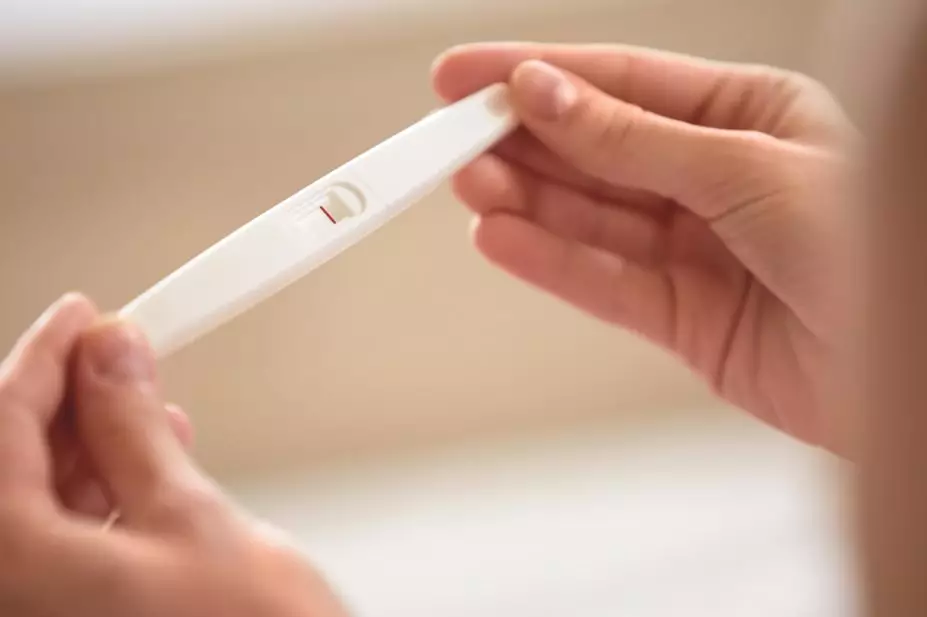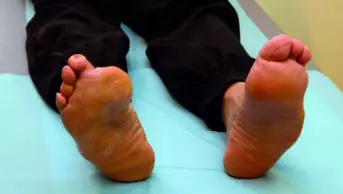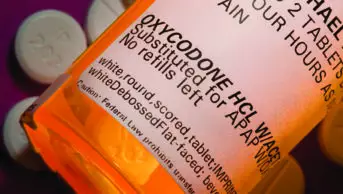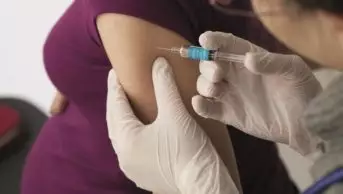
Shutterstock.com
A doctor has warned that women who hope to become pregnant should steer clear of non-steroidal anti-inflammatory pain killers (NSAIDs), because they could prevent ovulation in as many as 75% of fertile women, according to a small study he conducted.
Previous research has suggested that NSAIDs can stop eggs produced by the ovary from being released — termed “luteinised unruptured follicles”. To further investigate, Sami Salman, a rheumatologist at the University of Baghdad, Iraq, recruited fertile women with minor ailments like mild back pain to take part in a study, the results of which were presented at the Annual European Congress of Rheumatology[1]
in Rome on 11 June 2015.
Of the 49 women who took part in the trial, 16 were given diclofenac, 12 naproxen, 11 etoricoxib and 10 placebo. The drugs were started on the tenth day of the women’s menstrual cycle, the point at which the ovary is preparing to release an egg. An ultrasound of the ovaries was performed along with a blood test to measure hormone levels.
The drugs were taken at the recommended dose for the next ten days, at which point the tests were repeated. In the placebo group, all of the women ovulated. But ovulation only occurred in 6.3% of the diclofenac group, 25% of the naproxen group and 27.3% of the etoricoxib group.
Describing this is a “shocking finding”, Salman said he was not expecting the effect to be so dramatic. He explained that he wanted to highlight the research because “so many” women have trouble conceiving. But, despite NSAIDs having been identified as inhibiting ovulation, “no one is asking women if they’re taking these drugs or discussing whether they should stop taking them”, said Salman.
As well as inhibiting ovulation, progesterone levels were lower in the women who took NSAIDs, which Salman said could prevent implantation of a fertilised egg if a woman were to ovulate. “It would be unlikely to be healthy and probably lead to an early miscarriage,” he added.
To evaluate the duration of the effect of NSAIDs on ovulation, tests were repeated during the women’s next menstrual cycle and they were all found to have ovulated. “It is reassuring to know that the observed effect seems to be reversible,” said Salman.
Salman conceded that the study was very small and called for larger, more comprehensive, studies, but recommended that women hoping to become pregnant do not take NSAIDs.
Ibuprofen, one of the most commonly taken over-the-counter NSAID medications, was not included in the study. “Without evidence, I cannot predict if it has the same effect as other NSAIDs on ovulation,” said Salman, adding that NSAIDs taken at other points during the menstrual cycle are unlikely to prevent ovulation.
References
[1] Salman S, Sherif B & Al-Zohyri A. Effects of some non-steroidal anti-inflammatory drugs on ovulation in women with mild musculoskeletal pain. Annual European Congress of Rheumatology. 11 June 2015. doi: 10.1136/annrheumdis-2015-eular.1062.


